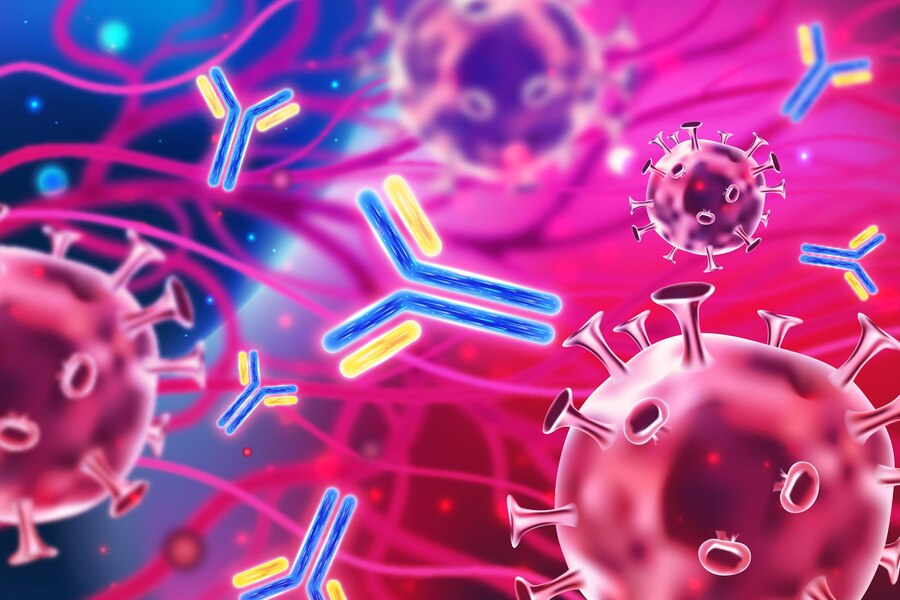Targeted cancer therapies are a cutting-edge approach to cancer treatment that focus on specific molecules involved in the growth and progression of cancer. These therapies offer a more precise and effective alternative to traditional treatments, such as chemotherapy and radiation.
Understanding Targeted Cancer Therapies
-
Mechanism of Action: Targeted therapies work by interfering with specific molecules, known as molecular targets, that are involved in the development and spread of cancer. By targeting these molecules, these therapies can inhibit cancer cell growth and promote cancer cell death.
-
Types of Targeted Therapies: There are several types of targeted cancer therapies, including monoclonal antibodies, small molecule inhibitors, and immune checkpoint inhibitors. Each type targets different aspects of cancer cell biology.
Latest Advancements
-
Immunotherapy: Immunotherapy is a form of targeted therapy that harnesses the body's immune system to fight cancer. Advances in immune checkpoint inhibitors and CAR T-cell therapy have shown remarkable success in treating certain types of cancer.
-
Precision Medicine: Precision medicine involves tailoring cancer treatment to the genetic profile of an individual's tumor. Advances in genomic sequencing and biomarker identification have enabled the development of highly personalized and effective targeted therapies.
-
Combination Therapies: Combining targeted therapies with other treatments, such as chemotherapy, radiation, or other targeted agents, can enhance their effectiveness. This approach is showing promise in overcoming resistance and improving patient outcomes.
Benefits of Targeted Cancer Therapies
-
Increased Efficacy: Targeted therapies are designed to specifically attack cancer cells, leading to higher efficacy compared to traditional treatments. This targeted approach can result in better treatment responses and longer-lasting remissions.
-
Reduced Side Effects: By focusing on specific molecular targets, targeted therapies can spare healthy cells, reducing the side effects typically associated with traditional treatments like chemotherapy.
-
Personalized Treatment: Targeted therapies can be tailored to the unique genetic and molecular profile of an individual's cancer. This personalized approach increases the likelihood of treatment success and minimizes unnecessary treatments.
Challenges and Considerations
-
Resistance: Cancer cells can develop resistance to targeted therapies over time. Ongoing research is focused on understanding the mechanisms of resistance and developing strategies to overcome it.
-
Accessibility and Cost: The high cost of targeted therapies can limit their accessibility for some patients. Efforts are needed to make these treatments more affordable and widely available.
Future Directions
-
New Targets: Research is continually identifying new molecular targets for cancer therapy. Discovering and validating these targets will expand the range of cancers that can be effectively treated with targeted therapies.
-
Advanced Technologies: Technological advancements, such as CRISPR gene editing and liquid biopsy, will further enhance the development and application of targeted therapies. These technologies will improve treatment precision and enable real-time monitoring of treatment response.
Targeted cancer therapies are transforming the landscape of cancer treatment by offering more precise, effective, and personalized options. As research and technology continue to advance, these therapies will play an increasingly vital role in improving outcomes for cancer patients.




